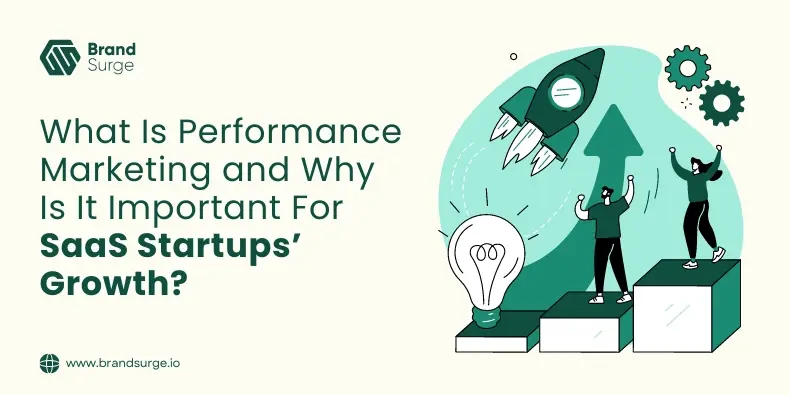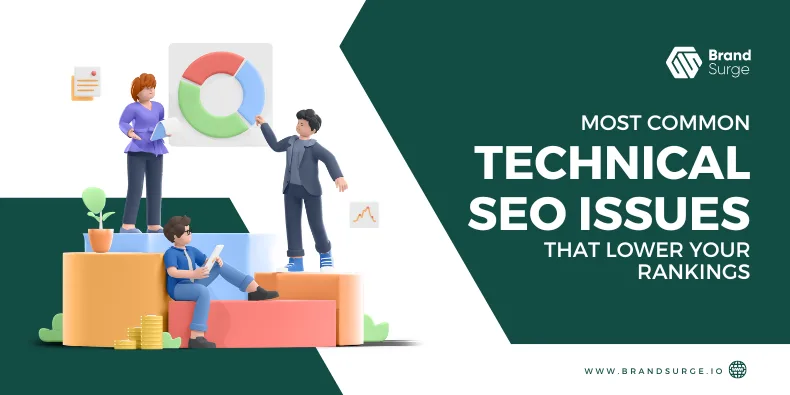In the competitive world of ecommerce, having a well-optimized website is crucial for attracting targeted traffic and driving conversions. While many marketers focus on content and link-building strategies, technical SEO ecommerce plays a vital role in ensuring that your ecommerce website is search-engine friendly and provides a seamless user experience.
Therefore, you must understand how to best use advanced SEO techniques to enhance your online presence.
Whether you’re a seasoned SEO professional or new to the field, this guide will help you optimize your website for success.
What is Technical SEO ecommerce?
Technical SEO Ecommerce involves optimizing the technical aspects of your website to improve its search engine visibility and user experience. From site structure and URL optimization to mobile responsiveness and page speed, technical SEO ensures your website is accessible, crawlable, and indexable by search engines.
The Benefits of Technical SEO for Ecommerce
Technical SEO is the process of optimising your site for the crawling and indexing phase. This can range from improving the site’s architecture to enhancing its navigability to ensuring that search engines can crawl the website effectively.
For an e-commerce business, advanced technical SEO is critical for a number of reasons:
1. Improved Site Visibility
Proper technical SEO implementation can make it easier for search engines to crawl, index, and rank your site. When your site is indexed accurately, it has a higher chance of appearing in relevant search results, leading to increased visibility and more organic traffic.
2. User Experience
Technical SEO can significantly improve the user experience. A website that is easy to navigate has fast loading times, and is mobile-friendly increases your chances to keep visitors on your site for longer periods, increasing the chances of conversion.
3. Site Speed
Search engines like Google consider site speed as a ranking factor. A slow site can hurt your rankings and can also deter customers who may become frustrated and leave your site if it takes too long to load.
Technical SEO focuses on improving site speed through various methods such as image optimization, code minification, and implementing CDN.
4. Mobile Optimization
With the rise of mobile shopping, having a mobile-optimized site is crucial. Mobile-first indexing is now a core component of Google’s algorithm, meaning your site’s mobile version will be considered the primary version during indexing and ranking.
5. Avoid Duplicate Content
Ecommerce sites, with their many product pages, are prone to creating duplicate content, which can harm search engine rankings. Technical SEO can help manage this issue by implementing canonical tags that point search engines to the original page or using other techniques.
6. Structured Data
Implementing structured data can help search engines better understand your content and can improve your visibility in SERPs. This is important for ecommerce sites where products can be marked up with structured data to provide details like price, availability, and review ratings.
7. Improved Conversion Rate
By improving site speed, enhancing user experience, and making your site easier to navigate, technical SEO can help increase your conversion rate. A user-friendly, fast, and easy-to-navigate site is more likely to convert visitors into customers.
8. Site Security
Technical SEO also involves ensuring your website is secure (HTTPS). A secure website not only protects your users’ information but is also a ranking factor for Google.
Meanwhile, investing time and resources into technical SEO can significantly benefit your ecommerce business by increasing site visibility, improving user experience, enhancing site speed and security, and ultimately boosting sales and revenue.
From improved organic rankings and increased visibility to enhanced user experience and higher conversion rates, technical SEO can significantly impact your online success.
Advanced Technical SEO Strategies
Ecommerce SEO Services can become complex and intricate, particularly for larger websites or those with unique challenges. However, the following are some advanced techniques that can be used for best results:
1. Faceted Navigation and URL Parameter Handling
Ecommerce websites often have complex navigation systems to accommodate the numerous product variations. Google can get confused by these, leading to duplicate content issues.
Therefore, proper use of canonical tags, the parameter handling tool in Google Search Console, and the robots.txt file can help control how search engine bots navigate these pages.
2. Schema Markup for Products and Reviews
Schema markups can be used to highlight products and reviews on Google search pages by creating rich snippets. For example, showing star ratings, price, and stock status in search results can significantly increase click-through rates.
3. Optimize for Long-Tail Keywords
You can use tools like Answer The Public or Google’s “People Also Ask” feature to find long-tail keywords and questions your customers are asking in your content. This will help you answer the most concerned queries and get ranked higher to capture the most traffic.
4. Implement AMP for Product Pages
Accelerated Mobile Pages (AMP) basically means optimizing web pages for mobile usage. This optimization helps your site to load faster on mobile devices. As an ecommerce store, you want your customers to have the smoothest online experience – and this technique can help you achive that effortlessly.
5. Optimize Your Internal Search
You can use the data from your site’s internal search function to find out what your customers are looking for. This data can be used to optimize your site’s content and navigation or even to identify new product opportunities.
6. Improve Site Speed
For large ecommerce sites with many high-resolution product images, site speed can be a real challenge. Techniques like lazy loading, using a Content Delivery Network (CDN), compressing images, and minifying CSS and JavaScript can help improve site speed and customer online experience.
7. Leverage User-Generated Content
82% of consumers read online reviews for local businesses before making any purchase, according to a survey by BrightLocal.
This can help differentiate your product pages from those of competitors and give search engines fresh content to index.
8. Optimize for Voice Search
As more people use digital assistants like Siri, Alexa, and Google Assistant, optimizing for voice search is becoming increasingly important. As the competition is tough in the rising ecommerce industry, you can easily stand out from the crowd by optimising your voice search.
Meanwhile, Technical SEO for ecommerce can be complex due to the sheer size and complexity of these sites. However, with the right techniques, you can make your site more accessible to search engine bots, provide a better user experience, and ultimately drive more organic traffic to your site.
You can manage your SEO on your own, or choose to get services from a professional. Whatever you decide, make sure to be very strategic about your approach to best target your customers.
Still confused about the importance of technical SEO for your ecommerce store? Get in touch with our b2c and b2b Digital Marketing experts, and get a free consultation on your business and how we can help you enhance your online presence and boost sales.
FAQs
What is Technical SEO for ecommerce?
Technical SEO for ecommerce involves optimizing your website’s technical elements like site structure, page speed, and mobile usability to improve search engine visibility and user experience.
How does technical SEO benefit ecommerce websites?
It enhances site speed, improves mobile optimization, prevents duplicate content, and ensures search engines can index your site, which leads to higher rankings and more traffic.
What are some advanced technical SEO strategies?
Advanced strategies include optimizing faceted navigation, using schema markup for rich snippets, implementing AMP for faster mobile pages, and improving internal search functions.

















